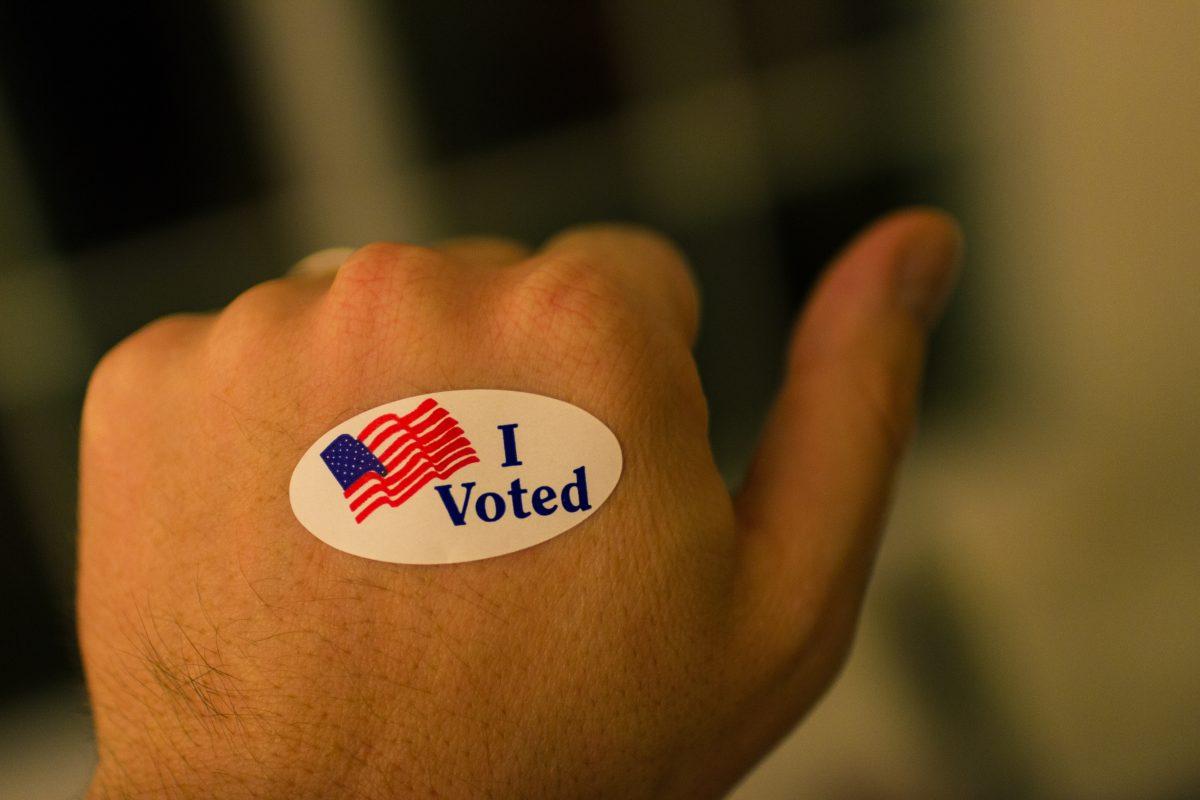Despite the onset of technology, endless online resources and email campaigns, voter turnout is neither certain nor increasing. Compared to the 2008 Democratic primaries, three million fewer Democrats voted in the 15 states that held caucuses or primaries. Declining in every state and dropping by roughly 50 percent in some, the falloff is indicative of whether a candidate is attracting voters to the poll but also reflective of the voting culture in the U.S. In defense of this low turnout, Democrats often cite several causes, from Republican-backed laws, such as subjective ID laws, that have built barriers to voting among college students and minorities, to simple apathy. Compared to other democracies, the International Institute for Democracy and Electoral Assistance ranked the U.S. 120th in the world for average turnout across party lines. Assuredly, the US is not the most democratic nation in the world if the people aren’t speaking and shaping their government. The opinion we present here is not original: voting days should be a national holiday to increase turnout on a whole.
In 1964, the voting rates of people from 18 to 24 years was 50.9%. However, the U.S. Census Bureau reports that the number plummeted to 38% in 2012. Regardless of who wins the parties’ nominations, a sure bet is that less than half the young voting age population will participate. While the right to vote is inherent to democracy and universal suffrage entails equal opportunity to vote, studies from the past three decades have demonstrated significant and increasing biases in turnout. Younger voters, despite being one of the best-educated generations, typically do not turn out to vote. Furthermore, they are also more likely than senior citizens to be dissatisfied with the current state of American democracy.
A national holiday on voting day would be a strong commitment to American democracy. It not only ensures that everyone has the time and opportunity to vote, but also can create a more joyous, vibrant atmosphere around democracy. While it does not ensure that young adults will feel more positively about government, it can symbolize that their voice matters – and that they are exercising their right to vote. Not everyone has the time to make it to a poll or to take time off from their job. For some Americans – often those with greater privilege – voting is easy and just another household chore. Others argue that requiring Americans to take a day off will reduce the economic output of the nation or hinder the education of students. Regardless of these arguments of the practicality of a voting day perhaps America can benefit from a celebratory environment around voting culture.
Certainly, many students at Wellesley opt for absentee ballots. Therefore, voting days may not seem practical. Yet, Wellesley College can be historic in making this commitment to enfranchisement by either canceling afternoon classes or ensuring that there are no extracurriculars or lectures during community time on voting days. However, even if the College chooses not to honor voting days through a symbolic and tangible commitment to enfranchisement, it can take other measures to instill in its students and community the idea of democracy. The voting process is currently complex and confusing, coupled with deadlines to register and request an absentee ballot and the confusing how-to’s of each. Adding an elective orientation session on voting for incoming first-years unfamiliar with the process would be a strong first step in prioritizing student voices in the greater Wellesley community. Moreover, while CPLA makes arduous efforts to register students to vote, coordinating campaigns from an administrative standpoint would make a significant statement as well. International students who seek an immersive experience in the States can also benefit from discovering how valuable democracy is to the American citizen via the political process of voting and the celebratory culture we can create around that processes.
Most critics of a national voting day assert that if people want to actually vote, they will make it happen themselves. However, this places an undue burden on individuals who do not see benefits from the government or simply do not have the means, such as transportation, to head out to a voting station. A national voting day would be a commitment to a more vibrant, celebratory democracy. Wellesley too can make a strong statement on enfranchisement by coordinating voter registration sessions on a campus-wide level and ensuring that students have the means and blocked time to go out and vote.




